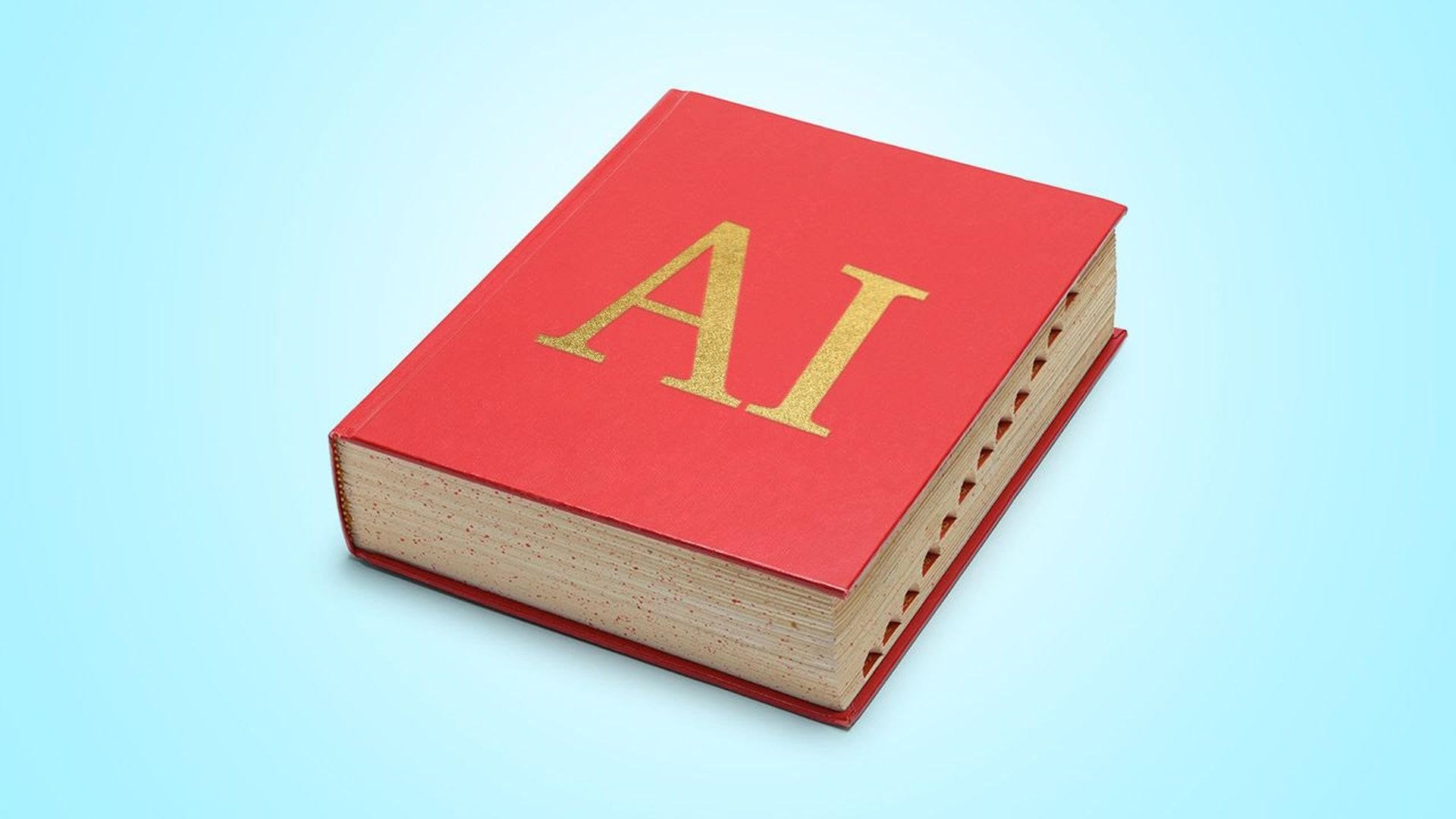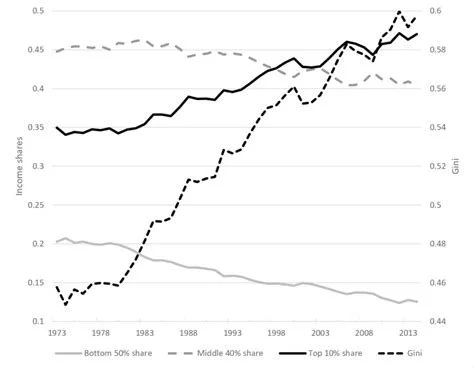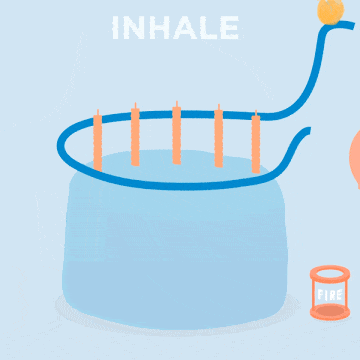Remembrance of Tasks Past
Instead of AI killing 30% of the jobs, which would be catastrophic and terrible, AI is killing 30% of your job, which is actually an amazing time saver...it's empowering people more than replacing people, at least so far. —Vitalik Buterin
A blank piece of paper is God's way of telling us how hard it is to be God. —Sidney Sheldon
Above: One skeuomorphic picture, two extraordinary technologies.
First, software ate the world.
To paraphrase Marc Andreessen, “[M]any of the prominent new Internet companies [have] real, high-growth, high-margin, highly defensible businesses.” This handful of bi and tri-syllabic companies came onto the scene with a bang.
Now, artificial intelligence is devouring everything with nary a whimper. It is death by a thousand LLMs.
A recent New Yorker piece made this abundantly clear; its title alone drained the blood from my face: “A Coder Considers the Waning Days of the Craft."
Though worth a read in full, a choice excerpt hit far too close to home for this stooped scrivener:
Bodies of knowledge and skills that have traditionally taken lifetimes to master are being swallowed at a gulp.
Coding has always felt to me like an endlessly deep and rich domain. Now I find myself wanting to write a eulogy for it.
I keep thinking of Lee Sedol. Sedol was one of the world’s best Go players, and a national hero in South Korea, but is now best known for losing, in 2016, to a computer program called AlphaGo. Sedol had walked into the competition believing that he would easily defeat the A.I. By the end of the days-long match, he was proud of having eked out a single game. As it became clear that he was going to lose, Sedol said, in a press conference, “I want to apologize for being so powerless.” He retired three years later.
Sedol seemed weighed down by a question that has started to feel familiar, and urgent: What will become of this thing I’ve given so much of my life to?
….
Perhaps what pushed Lee Sedol to retire from the game of Go was the sense that the game had been forever cheapened. When I got into programming, it was because computers felt like a form of magic. The machine gave you powers but required you to study its arcane secrets—to learn a spell language. This took a particular cast of mind. I felt selected. I devoted myself to tedium, to careful thinking, and to the accumulation of obscure knowledge.
Then, one day, it became possible to achieve many of the same ends without the thinking and without the knowledge. Looked at in a certain light, this can make quite a lot of one’s working life seem like a waste of time.
When reading the above, I replaced “coding” with “writing.”
Writing—like all intellectual labor (if it’s any good at least)—is meant to be a slow slog, not a brisk, pleasant walk.
The writer and the attorney resemble the miler in how they strive to eke every last bit out of both themselves and the tools at their disposal. Such white collar work seldom rewards extended break or leisurely recreation; it’s no holds barred every sentence, (law)suit, step.
Like most work, writing seems romantic and mysterious from afar. Up close and personal, it’s as sexy as soup
To write is to wade, alone, into the vast, murky ocean of thought and idea. It is equal parts treading water and drowning, a haphazard stumbling toward insight and inspiration. It is plumbing into the depths of your soul, groping around to grab hold of something true and real and unique and you. It is casting and reeling, changing the tackle and hoping that the Big One doesn’t just nibble at your hook, but firmly latches on. And that you can successfully reel it in.
To write is to scrawl dejectedly at a lonely desk on a cold winter’s night. To review once again an accumulation of quotes, notes, mementos, books that are dried out with age. It is to hope against hope that this brittle material will serve as flint, tinder, kindling, and logs that turn the spark of an idea into a roaring fire of creation and creativity.
To write is to know that toil and trouble await within the caves of the subconscious. And yet, to forge ahead in order to excavate an ounce of pure emotion. It is acknowledging the difficult truth that no finished product is more perfect, more moving than an idea in its infancy. It is acquiescing to these truths and still putting pen to paper.
To write is to battle constantly with a gnawing, nagging doubt; to wonder whether all this toil and trouble, mess and struggle is worth it. Whether these mental gymnastics will lead to a medal or an injury or irrelevance or nothing at all. To question whether writing is an exercise in futility. Whether this very essay is ironic in and of itself.
To write is to be in your head all day, alone, with a relentless torrent of thoughts and to know that these ideas resemble fireworks. Some fizzle, others misfire. Some whimper, others boom. And yet, a few choice mental projectiles are truly pyrotechnic: they burst with an ephemeral explosion that lights up the world, the way, just for a brief moment.
Writing is a torturous, invasive business. It is a hardscrabble exercise in polishing, refining, buffering, and exposing unfinished thoughts to the sharpest whetstone of all: the eyes of other people.
In a sentence, the work is meaningful because it is hard. After all, good writing is no more than the capture and externalization of clear thinking.
Farnam Street’s Shane Parrish does a good job expressing this:
A few weeks ago, my 13-year-old son asked me why writing was so important. He wasn’t happy. One of his teachers had asked him to write an essay and he would rather use AI to generate it for him and be done with it.
The question seemed as natural to him as using a dishwasher is to us. If there is a better, more convenient way to do this, why not use it?
Today’s kids are growing up in a world where they can generate essays in seconds. Many employees are already using AI for a lot of simple tasks like email, catching up after vacation, summarizing meetings, and drafting PowerPoints. While some of these tasks might be accomplished more efficiently by ChatGPT than by human effort, I’d argue there are times when inefficiency is the point.
The reason they teach writing to kids in school is not to generate endless essays on history or books but to create a space to practice reasoning. By delegating writing to AI, my son might be reducing his time spent doing homework. But he’s missing the chance to think more clearly about the topic at hand.
Writing forces you to slow down, focus your attention, and think deeply. In a world where attention is fragmented in seconds, thinking becomes more reactive than reasoned. Only when we have time to play with a problem can we hope to think about it substantially. Writing requires sticking with something a little longer and developing a deeper understanding.
Mortimer Adler once said, “The person who says he knows what he thinks but cannot express it usually does not know what he thinks.” We all know someone with this surface level of understanding. They read an article or two and have the confidence of an expert. It’s as if you are having a conversation with someone who tells you they are a hockey player, only to find out they’ve never skated.
Like it or not, ever more powerful, intelligent, capable AI is coming. It's not a matter of if but when.
In this forthcoming world of abundant answers, confidence replaces competence as the coin of the realm. This presents a hell of a problem.
As celebrated psychologist and author Daniel Kahneman said (emphasis mine):
Exponential change…is really something else. We’re not equipped for it. It takes a long time to educate intuition…
When linear people are faced with exponential change, they’re not going to be able to adapt very easily…
[C]learly AI is going to win [against human intelligence]. It’s not even close. How people are going to adjust to this is a fascinating problem – but one for my children and grandchildren, not me.
I worry about what this means for our work and worth in light of how “What do you do?” tends to follow fast behind “What's your name?” or “Nice to meet you” in most introductory conversations. We would do well to prepare accordingly.
Author Sidney Sheldon once wrote, “A blank piece of paper is God's way of telling us how hard it is to be God.”
If blank pieces of paper go the way of the dodo in a world of continuous, artificial intelligence, industry, progress, how will human beings make their mark?
The White Collar Worker is dead. Long live the Newfangled Worker!








